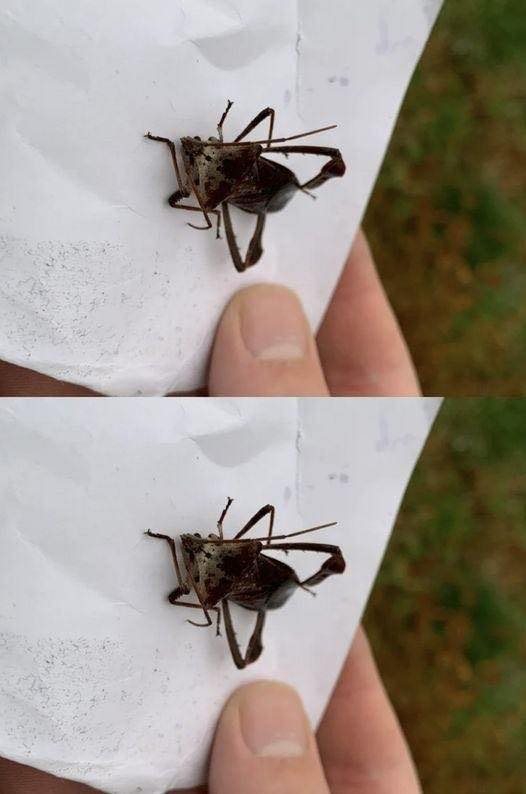If you’re bitten by an assassin bug, act fast. Gently wash the area with soap and water to prevent infection. Apply a cold compress—wrapped in a cloth—to ease pain and reduce swelling. Avoid placing ice directly on the skin to prevent frostbite. Early treatment can help avoid serious discomfort or complications.
To relieve symptoms, try over-the-counter antihistamines for itching and swelling. If pain persists, painkillers like ibuprofen or acetaminophen may help. Monitor the bite for increasing redness, pus, or swelling, which could signal infection. Seek medical attention if these signs appear. It’s always better to be cautious and consult a doctor when in doubt.
In rare cases, allergic reactions may occur—look out for difficulty breathing, dizziness, or widespread swelling, which require immediate care. Assassin bugs may also carry Chagas disease, common in Central and South America. If you develop fever, fatigue, or eye swelling, contact your doctor promptly. Prompt diagnosis can be key to effective treatment and recovery.
Prevent future bites by using insect repellent and wearing protective clothing in bug-prone areas. Keep your home sealed by checking for cracks in doors, windows, and walls. Regularly inspect your sleeping area for pests. These precautions can help keep you safe and bite-free. Staying vigilant can greatly reduce your risk of future exposure.
